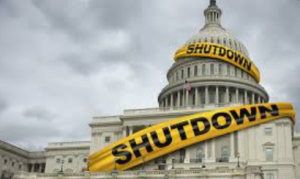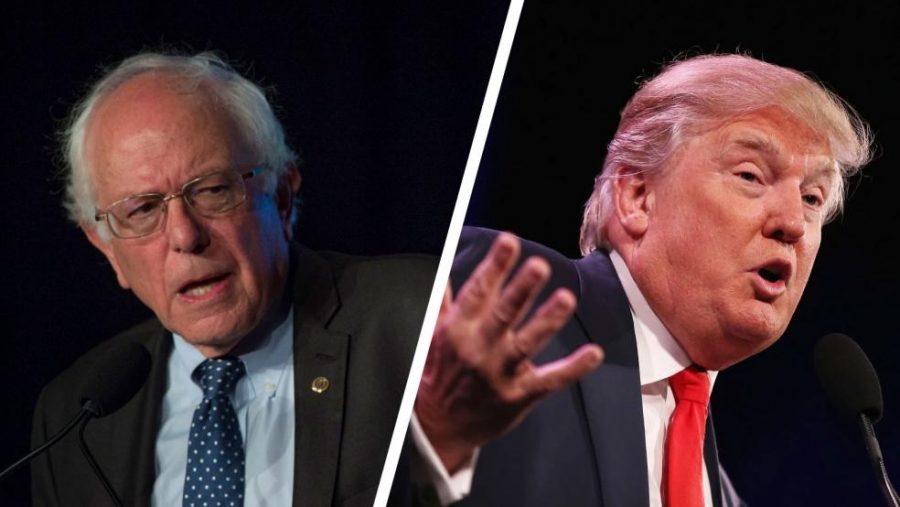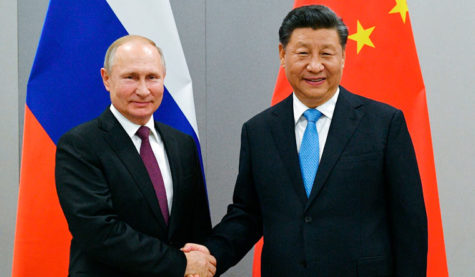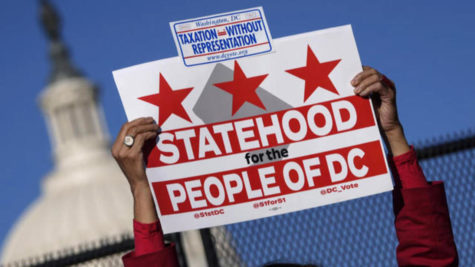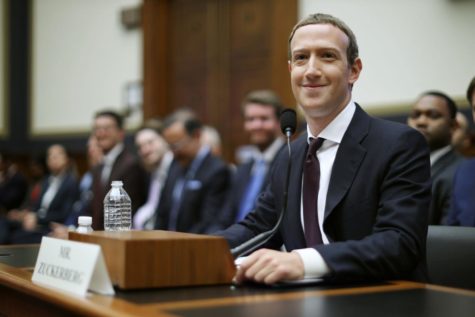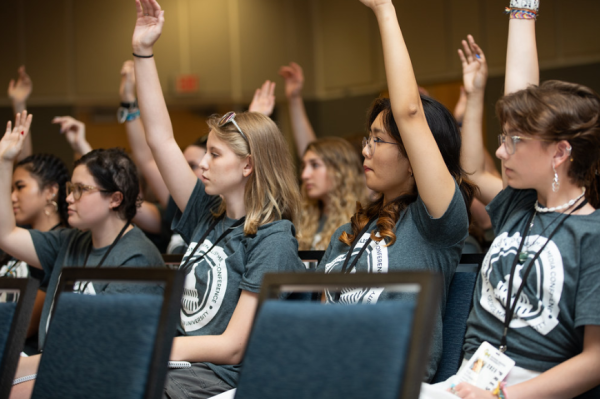OPINION: American voters fuel the two-party system
Are voters focusing more on personality than policies when it comes to the polls?
Bernie Sanders and Donald Trump are two polar opposites — because America wants extremes.
The upcoming 2020 Presidential election has the possibility to be a duel of the extremes—the characters of Donald Trump and Bernie Sanders seem to represent the absolutes of each of their parties, Trump backed by the furthest right and Sanders by the furthest left.
Yet in Europe, it’d seem a fight between a far-right conservative and a left-leaning moderate.
The truth about American politics is, despite the wishes of long gone George Washington (as noted in his Farewell Address) to keep away from faction, that the country is incredibly splintered. The differences between the Democrats and the Republicans are night and day, and few Democrats or Republicans express views that the other side has—regarding gun control, the furthest that official Republicans will go is stricter background checks, whereas the typical Democrat stands for stricter registration, more bans, and tighter monitoring.
There are a myriad of issues which split the country, regarding abortion, healthcare, immigration, etc. For nearly every subject, there is a Republican view and a Democratic view, and few in-between.
This is because of the two-party system.
In Europe, take France for example, it is not often a two-party fight, with the country most analogous to the US being the UK, what with the Conservative Party and Labor Party receiving 75% of the 2019 election votes (but even their Conservative party is further left-leaning than the Republicans), but rather a multitude of parties representing every walk of life from the furthest extremes of politics in France.
In the 2017 French presidential election, Francois Fillon won the Republican Party’s (which was founded in 2015, and stands center-right) first open primary, but dropped out after a scandal, leading to a skirmish between Emmanuel Macron of La République En Marche!, a centrist and liberal party founded in 2016, against the National Rally’s (a nationalist and populist party founded in 1972) candidate, Marine Le Pen. It resulted in a victory for En Marche!, which took over office after a 5 year term held by the Socialist Party of France, which was founded in 1969.
Allow yourself a minute to absorb that. French politics are wildly more diverse than American politics, and this isn’t an issue—in fact, it’s the norm for Europe. A multitude of parties represent all sorts of ideals; there are Green Parties, Socialist Parties, Fascist Parties, even Pirate Parties across Europe, and while many of these exist in the US, few have ever reached mainstream popularity sans the Libertarian and Green Parties.
The French need only research the candidates in the polls and which ones share their views, beliefs, and expectations—and with the diversity, there are plenty of different candidates to weigh against each other. There isn’t a strong focus on party loyalty like there is in the US—Americans vote blindly Democratic or Republican regardless of their views, and certain candidates that question the binary typically fall through, such as Andrew Yang who had some Republican popularity despite his being a Democrat.
A glaring issue is that Americans are blind voters—politics are often a display of showmanship, with Donald Trump’s mockery of Mike Bloomberg acting to demonstrate Trump’s strength, confidence bordering onto arrogance, and his voters aren’t agreeing with him on his policies—many of the most zealous Trump voters aren’t aware of his ending of the types of subsidies the Affordable Care Act receives, but rather of his repeated rhetoric regarding the wall.
Quite frankly, voters aren’t voting based on policies or beliefs, but rather alignment to particular politicians that act as characters to achieve an image and create a lasting impression. Average voters aren’t researching their candidates, and the Democrats and Republicans will remain those solely in power until the American people change this.
It’s in the hands of the voters to combat the two-party system.

Blaze Myers is a graduate of BASH. His senior year was his first year in the CUB, previously only collaborating. He was in several leadership positions,...

